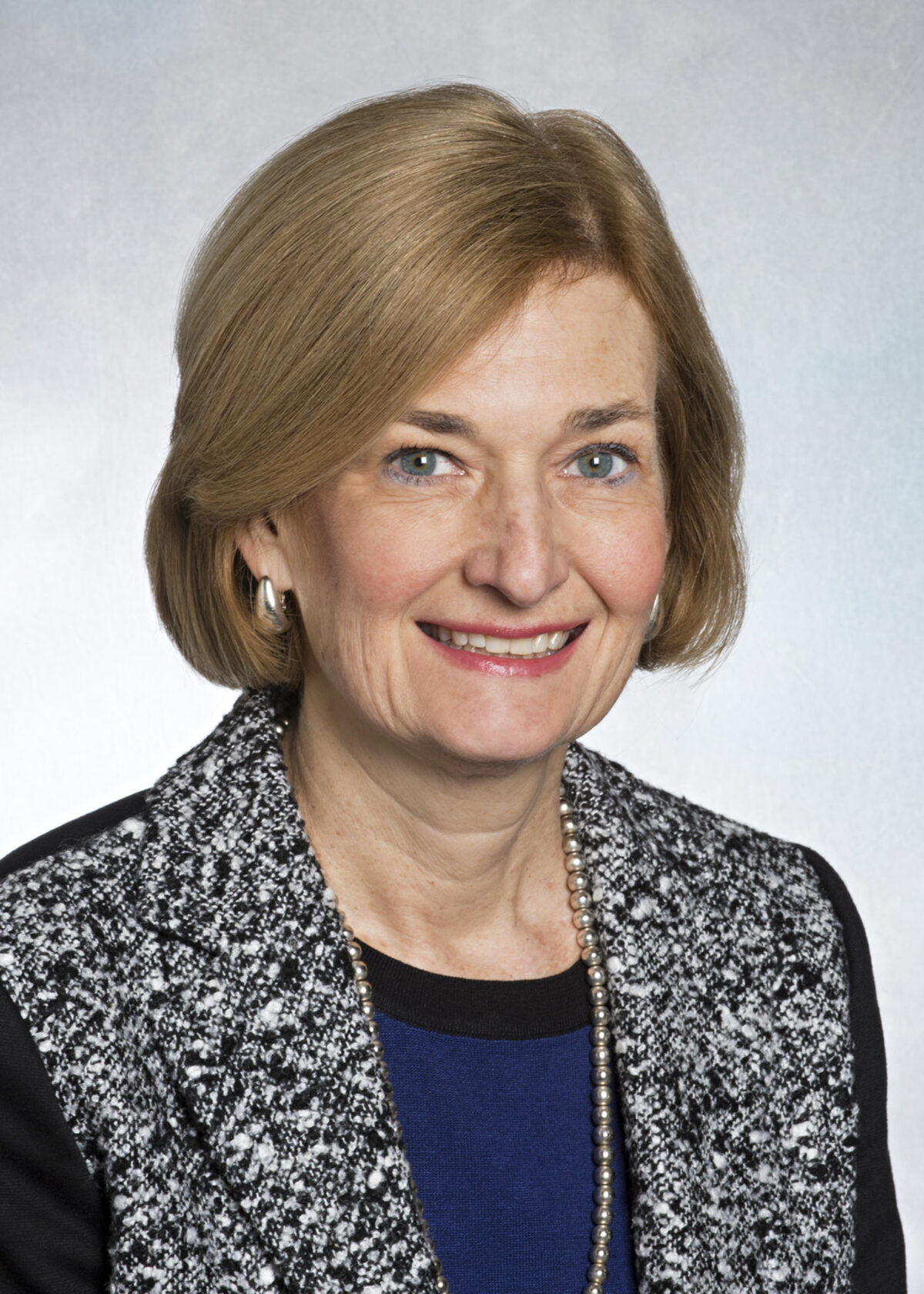Early in medical school, I became fascinated by the feedback loops of endocrinology and by the many systems affected by hormones, and was quickly convinced that endocrinology was my calling.
Ursula Kaiser, MD, Director, Brigham Research Institute
Dr. Kaiser’s research focuses on understanding the molecular mechanisms by which pulsatile gonadotropin-releasing hormone (GnRH) specifically and differentially regulates the expression of luteinizing hormone (LH) and follicle-stimulating hormone (FSH) genes. The processes of reproduction are critically dependent on the precise episodic and periodic timing of the release of these hormones, which are in turn required for gametogenesis and gonadal steroidogenesis. The hypothalamic neuropeptide, GnRH, is released in a pulsatile fashion and transported to the anterior pituitary, where it binds to specific, high affinity receptors (GnRHR) on gonadotropes. The frequency and amplitude of pulsatile GnRH release varies temporally and developmentally, and this variation is critical for normal reproductive maturation and function. Varying patterns of pulsatile GnRH differentially regulate LH and FSH biosynthesis and secretion. This raises the question which Dr. Kaiser’s laboratory is addressing: how does a gonadotrope respond to varying frequencies of pulsatile GnRH with differential LH and FSH production?
Dr. Kaiser is using three approaches to address this question. First, critical cis-acting elements in the LH and FSH subunit genes that mediate GnRH responses, and the cognate trans-acting factors that bind to these elements, have been identified. These elements and factors are distinct among the gonadotropin genes. Studies are underway to determine the mechanisms by which these factors act and interact to mediate transcriptional responses to pulsatile GnRH. Second, a perifusion system has been established and is used to delineate the intracellular signal transduction pathways by which pulsatile GnRH acts to regulate gonadotropin gene expression. Third, because GnRHR concentration, a critical determinant of gonadotrope responsiveness, varies in response to different frequencies of pulsatile GnRH, studies to understand the mechanisms of regulation of GnRHR gene expression itself by GnRH are being performed using cell models and transgenic, and knock-in mouse models.
Finally, another goal of the laboratory is to identify genetic mutations occurring in patients with defects in neuroendocrine control of reproduction. In particular, the effects of newly identified mutations in the GnRHR in patients with hypogonadotropic hypogonadism on signal transduction and on gonadotropin subunit gene expression are studied, providing unique structure-activity information on GnRH action and GnRHR function, and potential insights into pathways of GnRH regulation of FSH and LH biosynthesis and secretion. An additional new avenue of investigation by Dr. Kaiser is the characterization of the functional role of the G protein-coupled receptor, GPR54, and its cognate ligand, kisspeptin, in the regulation of GnRH release and action in the neuroendocrine regulation of reproductive function. This gene was recently recognized to be critical in the regulation of reproductive maturation and function based on the identification of mutations therein in patients with hypogonadotropic hypogonadism.
Under the guidance of Dr. Kaiser, research fellows will develop specific research hypotheses pertinent to Dr. Kaiser’s research program. Together with Dr. Kaiser, they will design studies to address these hypotheses, learn the necessary techniques to complete the studies, perform these studies, and analyze the results. As necessary, they will learn how to trouble-shoot the methodologies, revise the experimental approaches, and re-evaluate their original hypotheses. These studies involve primarily bench work, using basic techniques of molecular and cellular biology in vitro and in cell models, as well as transgenic, knock-out, and knock-in murine models. Fellows meet on a formal basis for an hour each week with Dr. Kaiser to discuss progress, review results, and for mentorship and career guidance, as well as informally daily as needed. Fellows also have the opportunity to hone their presentation skills at a weekly lab meeting, and also more formally at a weekly Division Research Seminar Series. Fellows also participate in a journal club to review articles relevant to their studies and to learn how to critically evaluate the literature. Fellows are encouraged to prepare manuscripts and to write grants for continued funding in close collaboration with Dr. Kaiser. The goal of this training is to give fellows the skills to become independent researchers.





